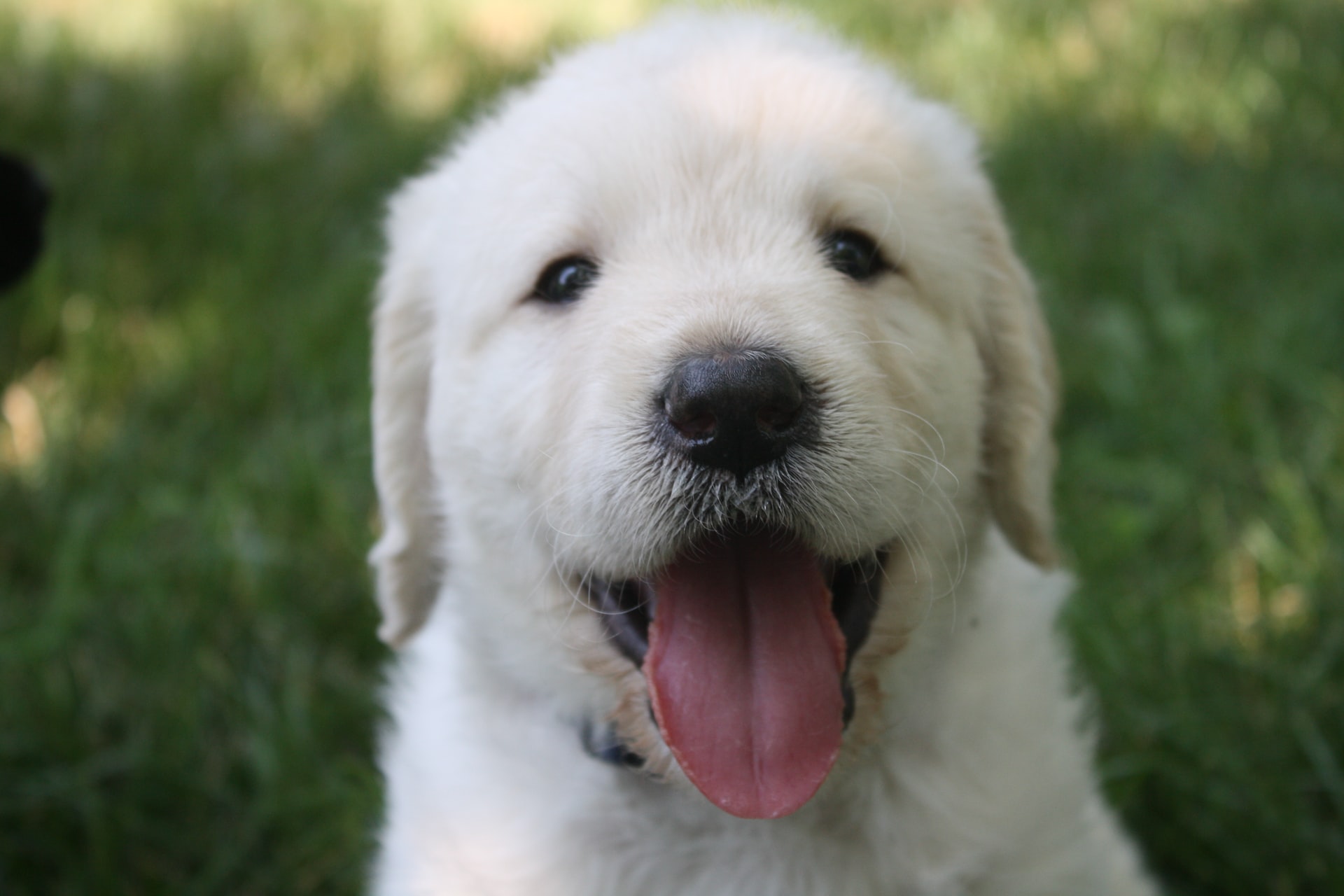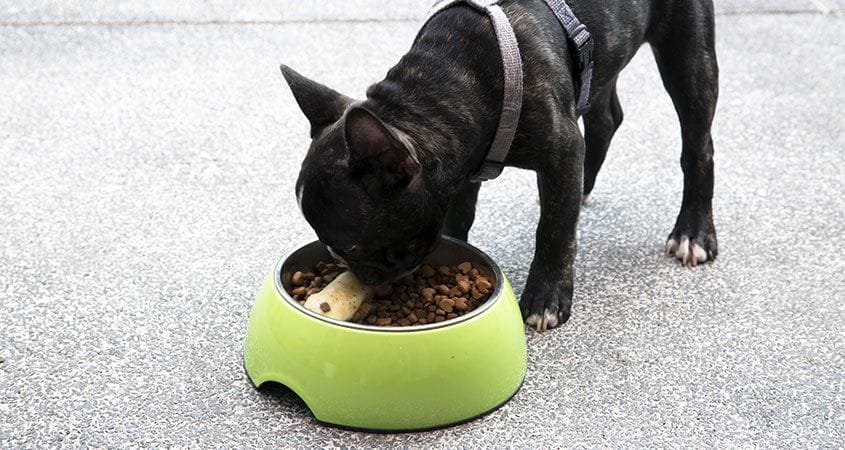Having a gorgeous, cuddly dog to cuddle with and play with is a wonderful experience of puppy care.
In order to help you and your puppy get off to the greatest possible start in life, our staff and vets are aware of how special this time is for you and your new puppy.
This is a special time for the whole family, and everyone can help to love and care for your new dog. For the following 12-15 years, the time you spend with this puppy will have a significant impact on your relationship.
The Importance of High-Quality Puppy Food:
Educate your puppy early on proper eating behavior so that you may enjoy your meal without interruption.
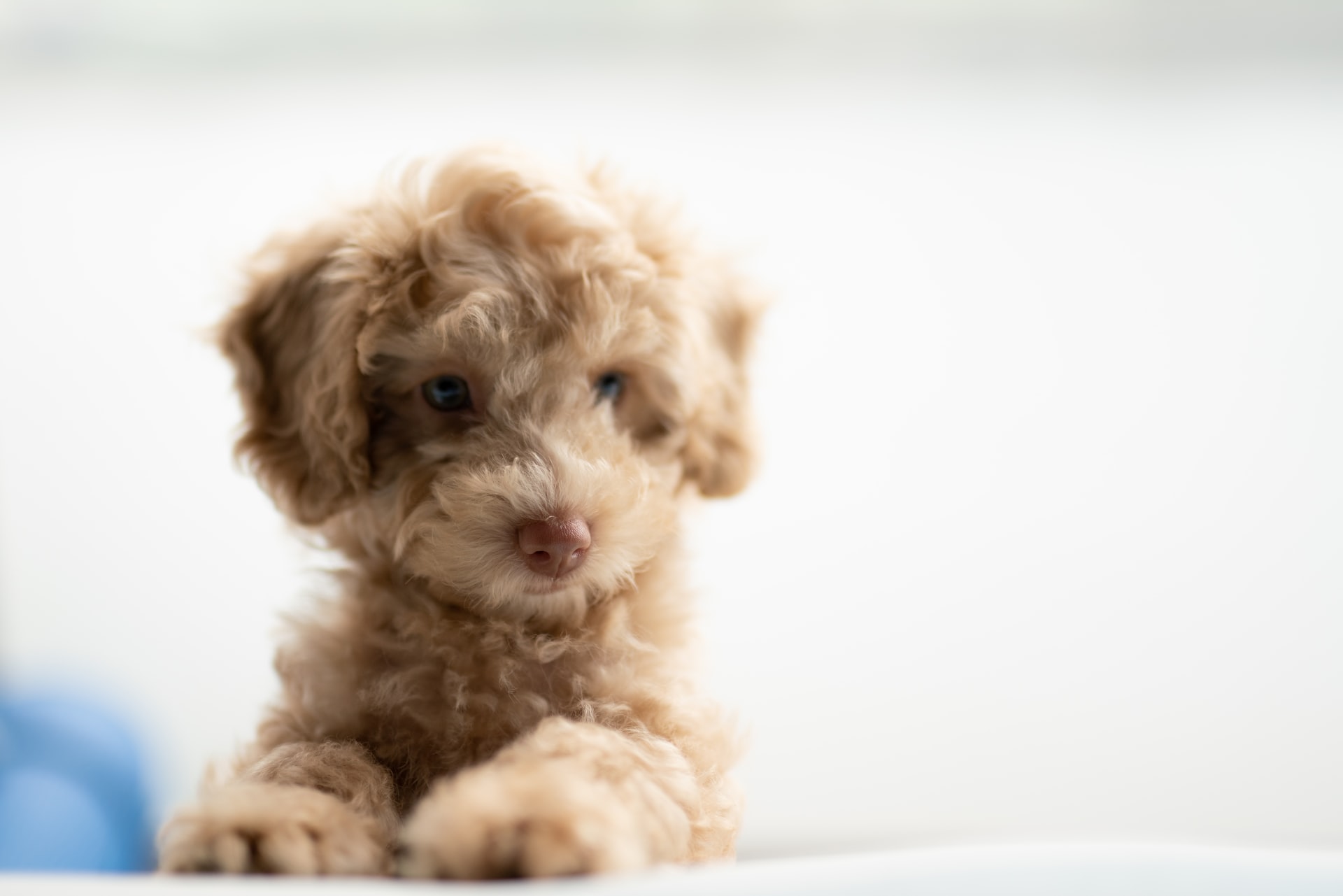
Follow a regular feeding schedule and keep to a healthy puppy care diet. Until the puppy learns the right behavior, you may have to crate him or ask him to remain away from the dining room/kitchen. It’s critical that you pick a puppy food that’s made with young and growing pups in mind.
When it comes to appropriate puppy care, you can’t ignore the importance of puppy feeding.
Remember, your puppy’s body is developing in ways that will have long-term effects on how healthy he or she is. Until the age of one year, large breed dogs should be fed puppy food.
The ideal age for weaning small and medium-sized dogs from puppy food to adult dog food is between nine and twelve months. Potty training will be much easier if your child is on a regular feeding and walking schedule.
Make sure your puppy gets enough fresh and clean water in the morning to aid digestion and stay hydrated. Puppies will benefit from having a set schedule since they will learn, understand, and love it.
Puppy feeding schedules typically look like this:
- From six to sixteen weeks of age, three to four meals should be given each day (4 meals only for very small breeds)
- 2-3 meals a day for infants aged three to six months.
- 2 meals a day for children 6 months to 12 months
How To Get The Most Out Of Your First Veterinary Visit:
Our doctors will adapt their recommendations to your dog’s specific needs based on criteria such as breed, age, lifestyle, and any health or behavioral difficulties your puppy may be experiencing.
You should plan on spending 30-60 minutes at our clinic on your initial visit and bring everyone who will be actively involved in the puppy’s care with you to your first appointment.
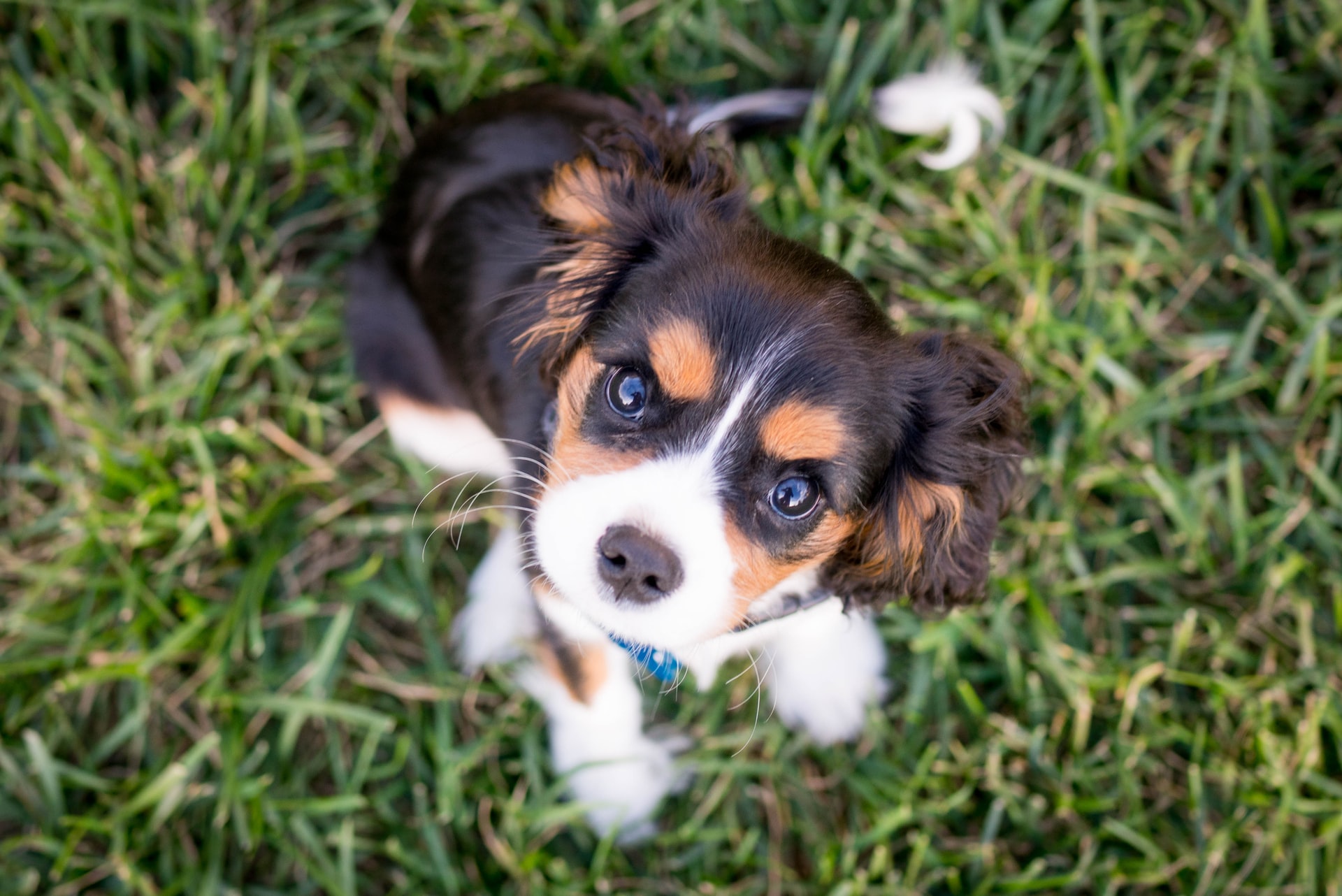
Here are a few things we’ll want to cover at our first meeting:
- timetables and plans for vaccination
- Sickness indications
- Puppies on special diets
- You have a safe choice for identifying and treating internal and external parasites in your dog
- Behavior and rudimentary training in obedience
- Training a dog or cat to use the restroom without accidents
You may expect an in-depth physical exam and a lot of questions from us about your puppy’s health on your first visit to the vet. This is also an excellent chance for you to learn everything you can about puppy care so that you can be an informed, caring, and dedicated pet parent to your new puppy.
Puppies’ Illness Symptoms
If your pet exhibits any of these signs, he or she needs emergency veterinarian attention right now. Please contact Animal Hospital as soon as you see any of these signs.
- An inability to eat
- Vomiting
- Obesity is a serious problem.
- Abdominal swelling or discomfort
- Diarrhea
- Tiredness (tiredness)
- Inability to breathe
- Gummy smiles with light-colored gums
- Coughing and wheezing
- Red, swollen, or discharged eyes
- Inability to eliminate feces or urine
- Nasal congestion and sneezing
This is why vaccinating your dog is so critical.
Puppies are prone to infections and disorders that can be life-threatening, however, the majority of these conditions can be avoided.
You can keep your puppy healthy by being vigilant about watching for signs of disease in his behavior. Puppy immunizations alone, on the other hand, will not protect against all diseases. If your puppy displays any of the signs listed below, you should contact your veterinarian right once.
 Puppy Vaccinations: When Should They Be Scheduled?
Puppy Vaccinations: When Should They Be Scheduled?
Vaccinating your dog on a regular basis is critical. In order to provide appropriate puppy care, vaccines are an essential component of the process. Your puppy deserves every opportunity to live a long and healthy life. So many preventable diseases and illnesses can be thwarted with puppy vaccinations, which have been medically confirmed to be effective. Immunizations for puppies can be divided into core and non-core vaccinations, and your veterinarian can help you determine which puppy vaccinations are best for your pet. Vaccinations for puppies should be given every 3-4 weeks until they are 16 weeks old, and booster vaccines should be given until they are an adult.
The following is a typical timetable for vaccinating a puppy:
- DHPP and Bordetella should be administered within the next 6-7 weeks.
- DHPP, Bordetella, and Leptospirosis are all detected at 9-10 weeks.
- Leptospirosis, Canine Influenza, and Lyme Disease can all be treated in dogs between 12 and 13 weeks.
- Lyme Disease and Canine Influenza are both tested for between 15 and 17 weeks after exposure to DHPP
- After 15 weeks of age, some puppies may require further vaccinations against parvovirus.
Set Up A Good Bathroom Routine Before You Start Puppy Potty Training. In order to properly potty train your dog, you should be aware of the exercise requirements and have a routine in place for when your dog eats and goes outdoors. To prevent a puppy from soiling the house or chewing up shoes, employ crate training to keep it contained in a small space when no one is home.
The crate can serve as a den for most dogs, which makes toilet training much easier for the owner. Puppies should be taken out frequently (every hour or so, depending on the breed) to places where you want them to go potty and immediately pampered after they finish using the bathroom.
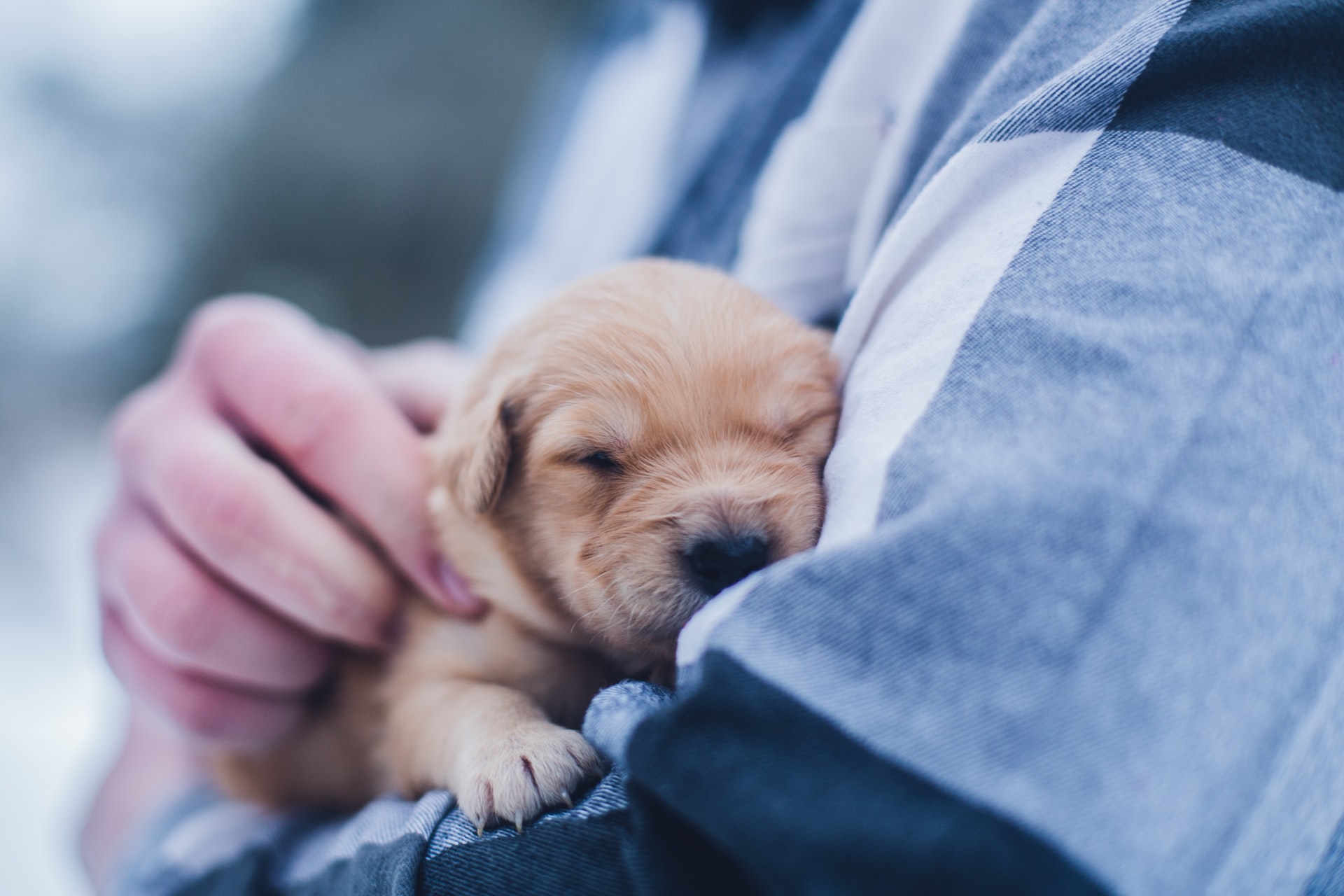
Owners just need to clean up puppy excrement and pee once or twice before realizing the significance of toilet training. You should begin puppy potty training as soon as you bring your new canine buddy home. Puppy toilet training starts with understanding when to take your puppy outside.
You can take your puppy out to the potty at the following times:
- Just before you go to sleep
- As soon as you wake up (or as soon as the puppy wakes up).
- 7-8 weeks is a good time to start puppy classes and move on to the next step of basic dog training after that.
- You can enroll your puppy in a puppy class as soon as it starts receiving immunizations.

